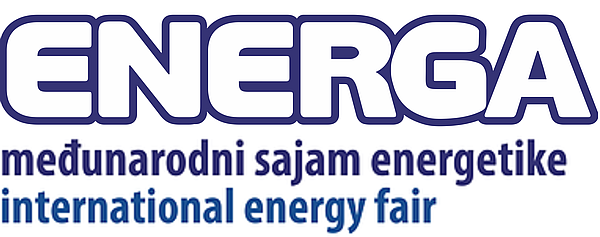 The embassy of Bosnia and Herzegovina, on a residential shady street in Sandy Hill, is a large, old house with hardwood floors. The quiet on the outside hides the changes inside. The building has been under renovation for about a year. Paintings aren't prominent on the walls and the main rooms are void of the typical fancy furnishings.
The embassy of Bosnia and Herzegovina, on a residential shady street in Sandy Hill, is a large, old house with hardwood floors. The quiet on the outside hides the changes inside. The building has been under renovation for about a year. Paintings aren't prominent on the walls and the main rooms are void of the typical fancy furnishings.
The country's new ambassador, who arrived in Ottawa June 1 and presented her credentials to officially start her job at the end of that month, said the embassy itself has been one of her priorities over the past few months. The renovations are important and worth it, Koviljka Špirić suggested in an interview on Sept. 19, "if you want a nice embassy and...good presentation and good representation.”
“So, myself as well as all my staff, as well as members of all our families, were very active this summer. And we had no, any of us, summer break,” she said with a laugh.
It's a building with history too. First, it was home to Yugoslavia. "And later on when Yugoslavia disappeared, this building was occupied by a new country, Serbia and Montenegro," Ms. Špirić continued. Then after their divorce, the building became home to Bosnia and Herzegovina's diplomats in Ottawa.
Before coming to Ottawa, Ms. Špirić wrapped up a posting as her country's ambassador to Poland—“four interesting years,” she said. Prior to that, she spent many years working outside the diplomatic world. Heavily involved in non-governmental organizations working on humanitarian aid, she headed an NGO in her hometown of Teslic, and worked as a co-ordinator and Polish and English interpreter for peacekeeping forces.
She expects her posting in Canada to be a very different experience, and believes there are many areas where two countries can work together.
Over Ms. Špirić's term in the evolving embassy in Sandy Hill, she said she wants to promote travel and tourism and develop more economic co-ordination between the two countries. The Balkan countries, she made a point of noting, are great for adventure tourism.
But in the short term, Ms. Špirić will be dealing with another more sombre topic.
Heavy rain and flooding in southeastern and central Europe last spring caused unprecedented damage to Ms. Špirić's home country and has turned into a crisis in Bosnia and Herzegovina.
Immediate help from the international community, including Canada, has been very welcome, she said, particularly in dealing with minefields left from the 1990s Balkan conflict that have seen explosives swept away in the floods. But the country has a long road ahead and “we can't do it by ourselves.”
Ms. Špirić links what's going on back home—there were more floods earlier in September—to the broader issue of climate change.
She said nobody would have believed before that there would be this kind of massive weather event in Bosnia and Herzegovina.
"When we started to talk about climate change, you know, people didn't take it so seriously. But now you can see that suddenly it can happen here or there, and nobody is safe from that," she said.
There needs to be a joint strategy, she added, to deal with the issue—a pooling of best practices in dealing with natural disasters.
Ms. Špirić noted that she has felt very comfortable in Canada since her arrival, as if she's lived here forever "because you can see people from everywhere. You can hear on the street, in the shop, people from all over the world."
That "multicultural spirit," she said, is another thing she wants to pass along to her home country.
Laura Beaulne-Stuebing











